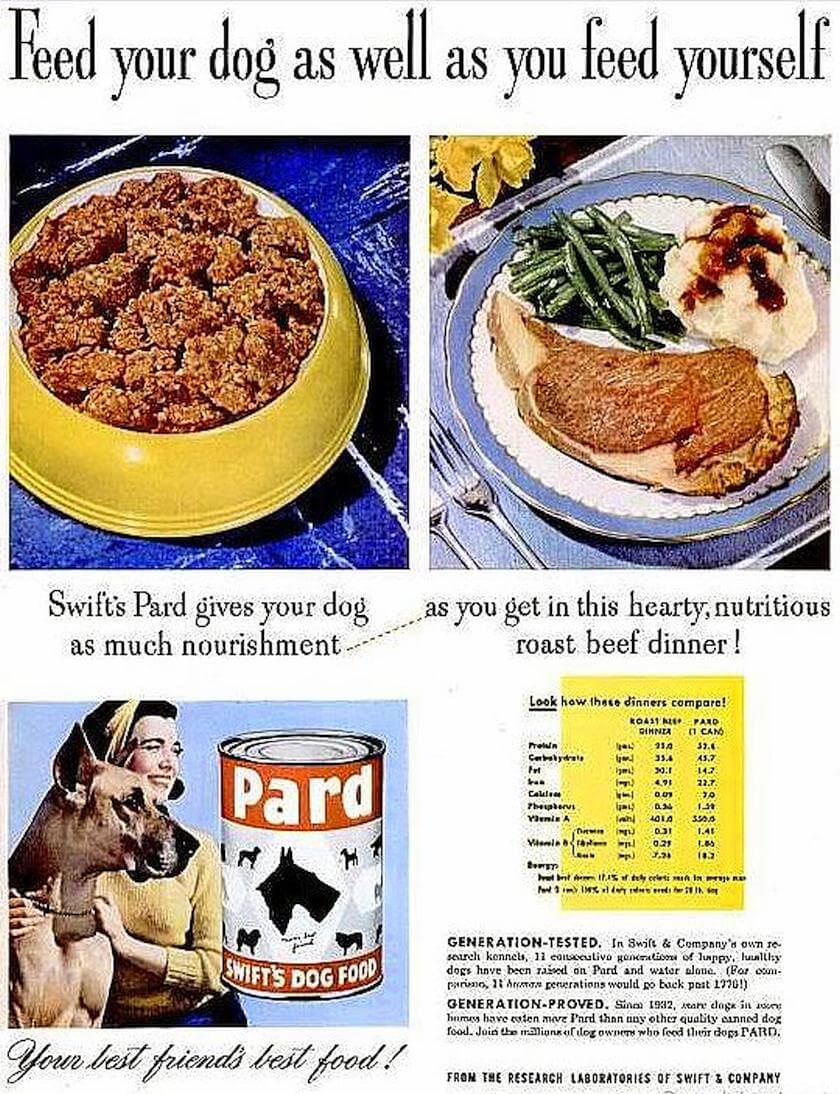Made in the good ol’ US of A don’t mean diddly now-a-days. Long gone are the days of Mom and Pop operations and local ingredients; we live in a global economy now, man.
Today, a product that says it was “Made in the USA” could be and probably is made with a multitude of ingredients from anywhere in the world. Which could be cool, except the one country on everyone’s sh*t list right now, China, is the country no one wants in their food.
Luckily for manufacturers they have a workaround, unfortunately for consumers: You’re screwed.
Why is China on everyone’s sh*t list?
My personal favorite reason comes from a quote in the New York Times,
“Despite efforts to create a modern food-safety regimen, oversight remains utterly haphazard, in the hands of ill-trained, ill-equipped and outnumbered enforcers whose quick fixes are even more quickly undone. Most of them are working like headless chickens, having no clue what are the major food-borne diseases that need to be addressed or what are the major contaminants in the food process,”
said Dr. Peter Ben Embarek, a food safety expert with the World Health Organization’s Beijing office.
During the melamine poisoning crisis in 2007, a law the government had been kicking around gained new attention. The basic idea was that the new law would mandate that retailers provide consumers with information on the national origin of their food as a means of facilitating consumer choice.
In other words, people wanted to know what they were buying and just where the hell it came from.
Sounds reasonable, right? Of course it is.
But, in practice…it sucks.
Dude, that’s so not cool
The lame law is called the ‘Country-of-Origin Labeling’ (COOL). Except that, unfortunately, it’s not that cool. In fact, it’s pretty much of a joke.
Here’s why: The Country of Origin Labeling law has enough loop holes to drive a Mac truck through. More accurately, hole big enough to float shipping containers from overseas through them, lots of ’em. Consumers may not find Country of Origin Labels on much more of the food they buy, due to COOL’s statutory and regulatory exemptions. First, all “Mom and Pop” restaurants, retailers and other food service providers are exempt if they buy less than the $230,000 a year of fresh and frozen fruits and veggies.
Just stir and Voila! – it’s American
The other reason why COOL sucks, is that all “processed food items” are exempt. And USDA, in its final rule, defined this term broadly — very broadly.
In a nutshell, any time a covered commodity is subjected to a change that alters its basic character, it is considered to be processed. Although adding salt, water, or sugar do not, under USDA’s definition, change the basic character, virtually any sort of cooking, curing, curing, smoking, broiling, grilling, steaming, stirring, extruding or mixing does. Just put it a mixing bowl and look at it sideways and Voila! – it’s processed!
Specifically, the Code of Federal Regulations (7 C.F.R 65.220) as it is written states:
Processed food item means a retail item derived from a covered commodity that has undergone specific processing resulting in a change in the character of the covered commodity, or that has been combined with at least one other covered commodity or other substantive food component, except that the addition of a component (water, salt, or sugar) would not in itself result in a processed food item. Specific processing that results in a change in the character of the covered commodity includes cooking (e.g., frying, broiling, grilling, boiling, steaming, baking, roasting), curing (e.g., salt curing, sugar curing, drying), smoking (hot or cold), and restructuring (e.g., emulsifying and extruding).
Labels schmabels
A statement of the ‘Country of Origin’ on the labeling of imported foods is not required by the Federal Food, Drug, & Cosmetic Act. This is a requirement of the U.S. Customs *and Border Protection (CBP)* as authorized by the Tariff Act of 1930 and CPB regulations (19 USC 1304(a) and 19 CFR Part 134).
Repackers are required by *CBP* to mark containers of repackaged imports with the English name of the country of origin. In the event that further reprocessing or material added to the article in another country results in a “substantial transformation” of the product, the other country becomes the country of origin within the meaning of *CBP’s* labeling requirements, 19 CFR 134.1(b) and 134.11.
Get it? Got it? Good.
Claims schmaims
Since laws requiring labels inform consumers of the country of origin of the ingredients listed on the package are weak and basically non-existent, how do manufacturers get away with saying that their product is “100% free of Chinese ingredients” or that it’s “All American”? It’s simple. Because they can – they do.
Is it possible that some pet foods actually are? Of course.
But let’s be realistic. What are the chances the profit-driven pet food industry will still be able to get their hands on the few American-made supplements still available?
Not bloody-likely.
And what’s the likelihood these same companies would be willing to pay the top prices required to get them?
Hey, anything’s possible. Not to sound sarcastic, but even a broken clock gets it right twice a day.
References:
Code of Federal Regulations C.F.R , Title 7, Subtitle B, Chapter I, Subchapter C, Part 65, Subpart A, Section 65.220
FDA FFDCA Compliance Policy Guides CPG Sec. 560.200 Country of Origin Labeling
APHIS/USDA Animal Feed Regulations of Imported Ingredients
Tufts University Country of Origin Labeling Law
Read More About It:
A Decade of Dangerous Food Imports from China








Comments (3) Write a comment